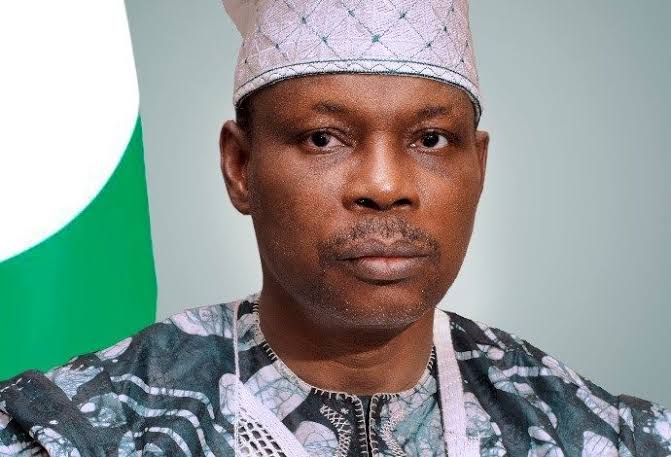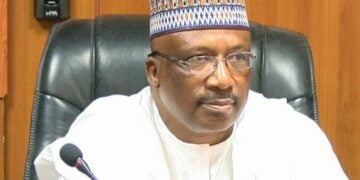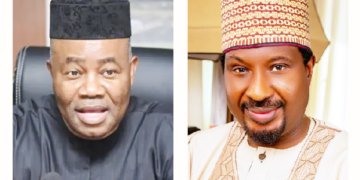The federal government has revealed that tertiary hospitals across the country spend as much as ₦180 million monthly on electricity, a situation described as unsustainable and detrimental to healthcare delivery.
The Minister of State for Health and Social Welfare, Dr. Iziaq Salako, disclosed this on Tuesday at the National Stakeholders’ Dialogue on Power in the Health Sector in Abuja.
Citing a recent assessment, Salako said Federal Tertiary Health Institutions require between three and eight megawatts of power to function optimally, but currently receive an average of just 5.3 hours of supply from the national grid daily.
He said hospitals rely heavily on diesel-powered generators to compensate for the deficit, with monthly energy bills ranging from ₦20 million to ₦180 million.
He noted that fuel costs alone account for 20 to 50 per cent of their operating expenses, straining already limited budgets and reducing funds available for patient care.
“A rapid assessment earlier this year shows that Federal Tertiary Health Institutions require between three and eight MW of energy to function optimally. The institutions receive an average of 5.3 hours of daily electricity from the national grid, have installed a backup capacity of 0.8 – 3.3MW (about 50 per cent backup deficiency), which is 80 per cent generated through diesel engines, spending 20 – 180 million Naira per month to pay for power.
“20 – 50 per cent of operating expenses in FTHIs go into fuel purchase. This situation is not different in the private sector, with 30% of respondents to a survey conducted in April 2025 by the Healthcare Federation of Nigeria reporting monthly spending of 5 – 20 million Naira on electricity.
“This scenario has resulted in sub-optimal service delivery by our healthcare system, with reduced access to care, compromised treatment quality, and avoidable loss of lives. Energy supply has become a major disruptor of health services in our country,” the minister stated.
He added that the private sector faces similar difficulties. A survey by the Healthcare Federation of Nigeria shows that 30 per cent of private facilities spend between ₦5 million and ₦20 million monthly on electricity.
He also said that 40 per cent of functional primary healthcare centres (PHCs) nationwide still lack access to electricity. At the same time, most of the remaining facilities receive less than 10 hours of daily supply.
Salako explained that while government initiatives such as the Rural Electrification Agency, which is deploying 100 containerised solar hybrid systems, and the Energising Education Programme, which benefits teaching hospitals in Maiduguri and Calabar, have recorded progress, they remain inadequate in speed and scale.
He stressed the need for a whole-of-government approach, backed by private sector financing, impact investments, and innovative renewable energy solutions to ensure sustainable electrification of health facilities nationwide.
“One key expected outcome of this dialogue is the signing of a compact for the sustainable electrification of public and private healthcare facilities in the country. We can no longer afford business as usual in the face of service interruptions, patient dissatisfaction and mounting energy bills in our hospitals,” Salako said.





